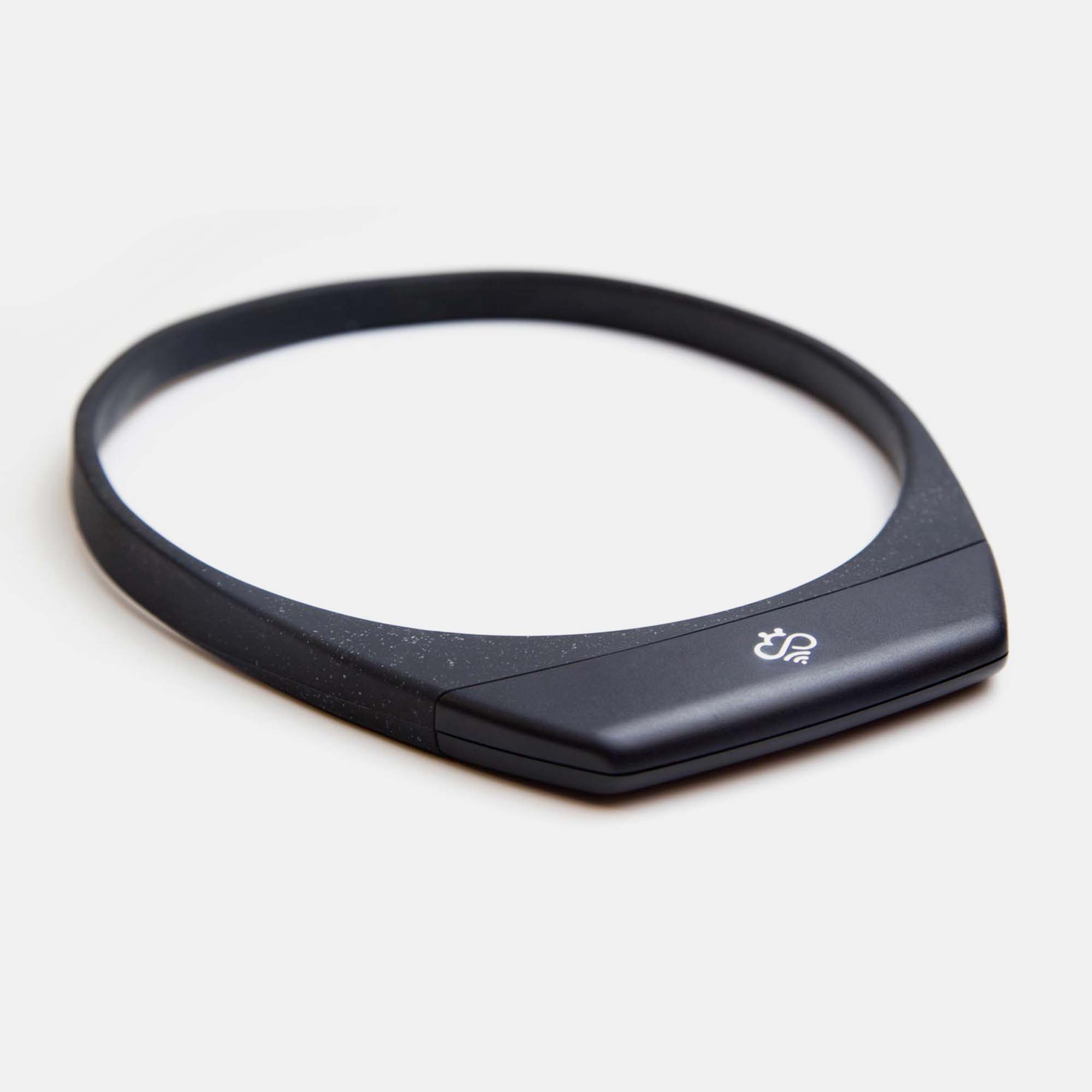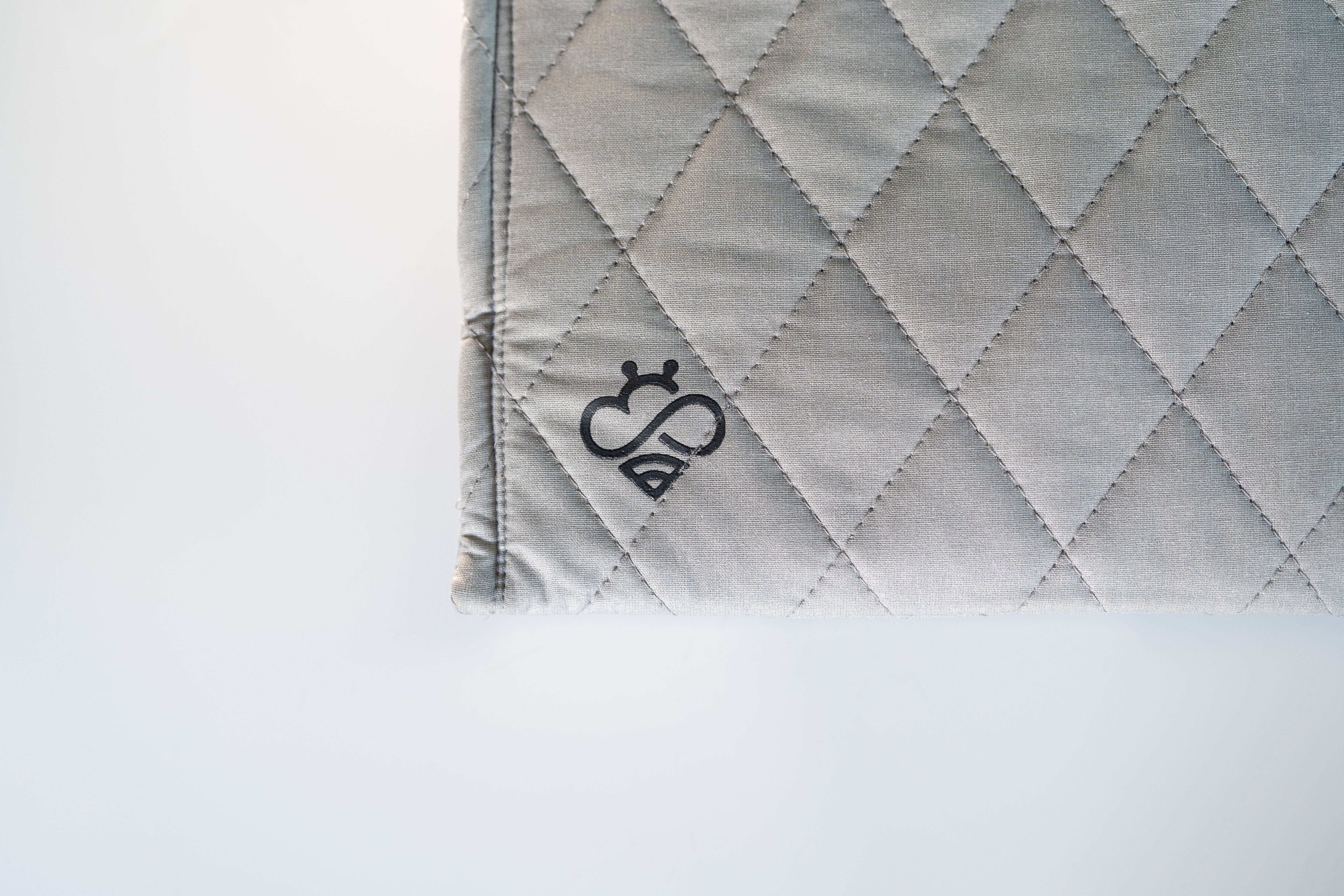Do you know anyone who doesn’t experience some level of stress in their lives? Probably not, because it’s a fact of life — it’s your body’s natural physical, emotional, and mental reaction to life experiences.
However, not all stress is equal. According to The American Institute of Stress, stress can be broken into four distinct categories:
- Acute stress. This is your body’s flight or fight response, where the body prepares to defend itself. This could be narrowly avoiding a car accident or while sitting down in the dentist’s chair.
- Chronic stress. Think of this stress as your daily stress over bills, your job and deadlines, and your kids. We tend to largely ignore this stress, but that doesn’t mean it’s not there.
- Eustress. This is the fun stress that’s exciting and helps energize you, and is most often associated with adrenaline surges when performing such activities as zip-lining or winning a poker hand.
- Distress. These are negative forces in your life that provide stress, such as divorce, illness or injury, or financial problems.
Stress statistics in the United States are on the upswing, due in large part to COVID, economic uncertainty, and the current political climate. The Stress in America™ 2020 survey from the American Psychological Association reports that 65% of respondents said the pandemic was a significant source of stress in their lives. And a 2021 CreditWise survey found that finances are the number one cause of stress (73%), which is more than politics (59%), work (49%) and family (46%). And a 2022 study published in PLOS One found that 40% described politics as a significant source of stress.
Since it doesn’t look like stress is going away anytime soon, it’s important to learn how to manage it.
The Sleep-Stress Cycle
Regardless of the source of the stress — from Tax Day to increasing demands from your boss — it can negatively impact your health. Stress is associated with everything from high blood pressure, ulcers and heart attacks to excess belly fat and hair loss. It can also impact your ability to fall asleep and stay asleep.
According to the Sleep.org, “Stress and sleep have a reciprocal relationship. High levels of stress can contribute to trouble sleeping, and poor-quality or insufficient sleep can lead to maladaptive changes to the stress response. Understanding the connection between stress and sleep is the first step to breaking this frustrating loop.”
Chronic stress negatively impacts your sleep-wake cycle, or the internal clock that signals when it’s time to be sleepy and when it’s time to be alert. Stress may also reduce deep sleep and rapid eye movement (REM) sleep and create unpleasant dreams. In turn, not getting enough sleep impacts your stress levels and overall mood. See how the complicated relationship between sleep and stress can be a catch-22?
5 Tips for Managing Stress
While there’s no one-size-fits-all treatment for managing stress, there are a handful of coping mechanisms you can lean on to help minimize its impact:
- Practice mindfulness. They say that stress is often related to the past (stressing about things that have already happened) or the future (worry about something that may or may not ever happen) — but if you live in the present moment, you’ll find peace. But if you are experiencing something stressful in the present moment, mindfulness can help you assess the situation rather than immediately react. So watch your stress melt away by practicing mindfulness in any way that feels authentic to you: perhaps it’s by performing breathing exercises, turning off your electronics to read or color, or using meditation to quiet your mind. No matter which of these activities you choose, pair them with your Hapbee device for an extra dose of Zen. The Strain Relief and Zen Companion Blends or the Clam and Relax Signals will transport you to a sea of peace.
- Engage in self-care activities. In a world where kindness can be hard to come by, start by showing yourself some loving kindness. This could be anything from exercising and eating nutrient-dense foods to taking bubble baths and booking massage treatments. It could even be sitting on the couch and petting your dog or cat. When you engage in the things that make your mind/body/spirit feel connected and at peace, you know you’re on the right track toward taking care of yourself and lowering your stress — even if only for an hour.
- Get enough sleep. Sleep is your body’s opportunity to recharge its batteries. But when you skimp on sleep — whether you’re busy trying to meet deadlines or simply too stressed to relax — it only exacerbates your stress levels. During times like this, rely on Hapbee to help calm you down before bedtime. Choose the Bedtime or Deep Sleep Signals, or the Winter’s Nap, Bedtime or Deep Sleep Blends to help put your mind at ease so you can drift off to dreamland.
- Avoid drugs and alcohol. Contrary to what you may think, alcohol and drugs don’t actually reduce stress, according to the National Alliance on Mental Illness. In fact, these substances might even worsen it. Instead of reaching for cannabis, CBD or glass of wine, reach for your Hapbee. By selecting Blends like Chill Out Your Senses and Time to Lounge, you’ll enjoy the positive effects of these substances without any of the unpleasant (read: sleep-preventing!) side effects.
- Reduce stressors where you can. Sometimes, you can reduce or eliminate the very source of stress by removing some things from your life. For instance, if household chores are impossible to keep up with and causing stress in your home, divvy them up between your family members or hire a cleaning or organizational crew to do the heavy lifting. If the news and social media are stressors, reduce or eliminate the time you spend watching and scrolling through them — especially before bedtime. And if your hectic schedule is too much to bear, don’t hesitate to cancel social engagements or appointments that aren’t crucial so you can focus on finding some additional moments of calm.
It’s impossible to completely eliminate stress, so there’s no need to strive for that unreachable goal. But self-care, down time, sleep and using your Hapbee will go a long way toward minimizing its unwanted effects.





